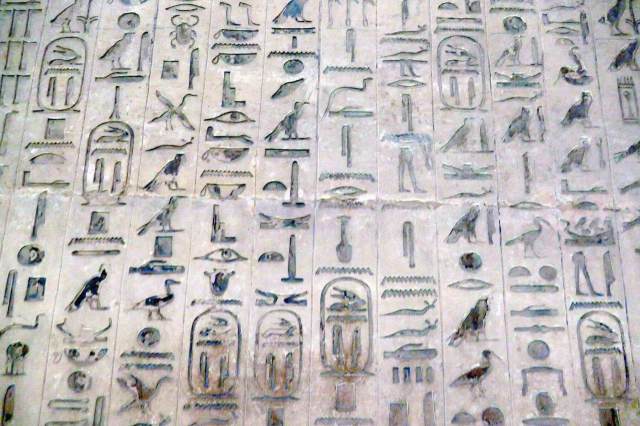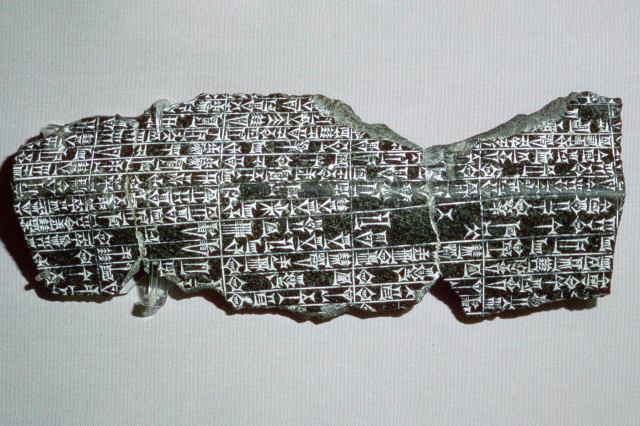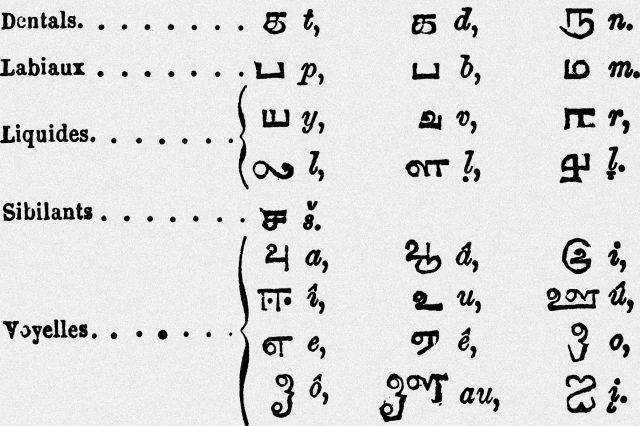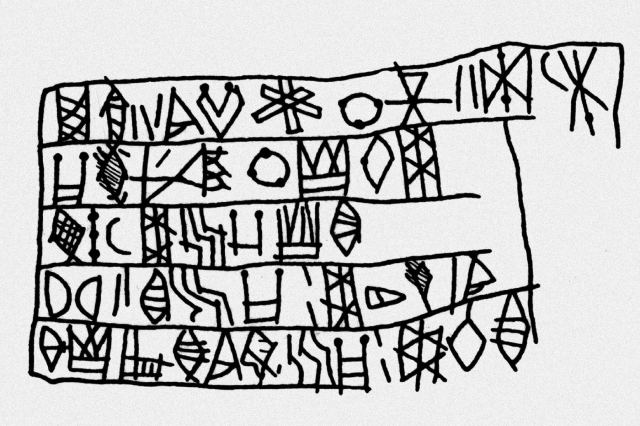The Oldest Written Languages in the World
Linguists estimate that human speech sounds first developed tens of thousands of years ago. MIT linguistics professor Shigeru Miyagawa proposes that verbal language may have been used in social situations around 100,000 years ago, while linguist George Poulos, author of On the Origins of Human Speech and Language, suggests human speech developed around 70,000 years ago. But these early languages were likely never recorded by hand, and it was only around 5,000 years ago that the first known written languages first began to take shape.
Ancient civilizations in regions around the world began to develop complex written language systems starting at least as early as 3200 BCE. While it’s difficult to pin down the exact origin of these languages given the limited archaeological evidence available, historians generally agree on a few early cultures that pioneered the use of written communication.
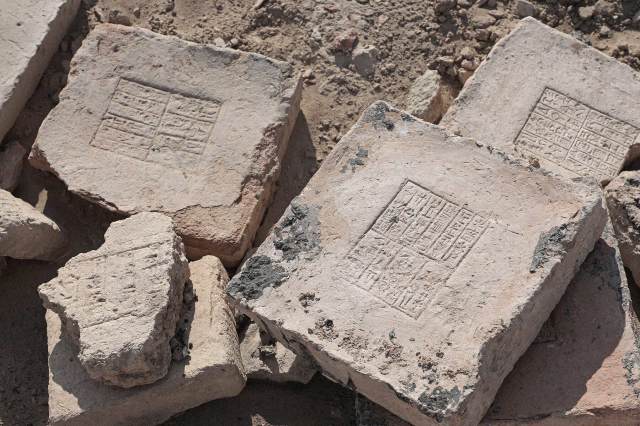
Sumerian
From roughly 4100 BCE to 1750 BCE, the ancient Sumerian civilization thrived across southern Mesopotamia (modern-day Iraq). The Sumerians developed the world’s oldest known writing system, cuneiform, which consisted of wedge-shaped characters carved into stone tablets. The script was later used to denote the spoken Sumerian language, in lieu of any sort of alphabet. The language started as an entirely logographic script, and evolved into a phonetic syllabic system to convey more conversational thought. The oldest known example of Sumerian writing first appeared in a group of administrative and educational texts dating to around 3200 BCE. Around 2500 BCE, the Sumerians produced the first known literature from any ancient civilization: religious works such as the Kesh Temple Hymn that focused less on real-world issues and more on mythological concepts.
The now-extinct Sumerian language consisted of four vowel sounds (a, i, e, u) as well as 16 consonant sounds (b, d, g, ŋ, h, k, l, m, n, p, r, s, ś, š, t, z), and was one of the first known uses of grammatical concepts such as prefixes, infixes, and suffixes. By the year 2000 BCE, the language had faded to the point where it was no longer spoken, as new civilizations and languages emerged throughout the region. It enjoyed a brief resurgence for literary and liturgical purposes between 2000 BCE and 1500 BCE, but was mainly studied by scribes thereafter.














